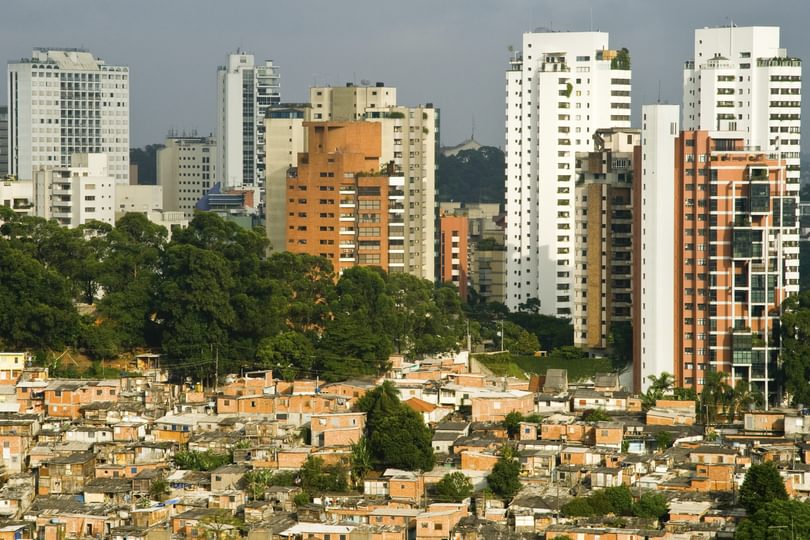
One of the world’s leading inequality economists, Professor Branko Milanovic, presents a bold new account of the dynamics that drive inequality on a global scale. Drawing on vast data sets and cutting-edge research, he explains the benign and malign forces that cause the rise and fall of inequality within and among nations. He also reveals who has been helped the most by globalisation, who has been held back, and what policies might tilt the balance toward economic justice.
Professor Branko Milanovic's book, Global Inequality: A New Approach for the Age of Globalization, will be available to buy after the lecture.
Join in on Twitter with the hashtag #omsinequality
About the speaker
Branko Milanovic is a Presidential Professor at the Graduate Center, City University of New York, and a senior fellow at the Luxembourg Income Study. He obtained his PhD in economics from the University of Belgrade with a dissertation on income inequality in Yugoslavia. He served as lead economist in World Bank Research Department for almost 20 years and as a senior associate at Carnegie Endowment for International Peace in Washington from 2003 to 2005. He has held teaching appointments at the University of Maryland (2007-2013) and at the Paul H. Nitze School of Advanced International Studies at Johns Hopkins University (1997-2007).
Milanovic’s main area of work is income inequality, in individual countries and globally, as well as historically, among pre-industrial societies (Roman Empire, Byzantium, and France before the Revolution), and even inequality in soccer. He has published a number of articles on the methodology and empirics of global income distribution and the effects of globalisation (Economic Journal, Review of Economics and Statistics, Journal of Economic Literature, Journal of Political Philosophy, among others). His most recent book, The Haves and the Have-nots: A Brief and Idiosyncratic History of Global Inequality (2011) was translated into seven languages and selected by The Globalist as the 2011 Book of the Year. His new book, Global Inequality: A New Approach for the Age of Globalization (2016), addresses economic and political issues of globalisation, including the redefinition of the “Kuznets cycles.”
About the book
Global Inequality takes us back hundreds of years, and as far around the world as data allow, to show that inequality moves in cycles, fueled by war and disease, technological disruption, access to education, and redistribution. The recent surge of inequality in the West has been driven by the revolution in technology, just as the Industrial Revolution drove inequality 150 years ago. But even as inequality has soared within nations, it has fallen dramatically among nations, as middle-class incomes in China and India have drawn closer to the stagnating incomes of the middle classes in the developed world. A more open migration policy would reduce global inequality even further.
Both American and Chinese inequality seems well entrenched and self-reproducing, though it is difficult to predict if current trends will be derailed by emerging plutocracy, populism, or war. For those who want to understand how we got where we are, where we may be heading, and what policies might help reverse that course, Milanovic’s compelling explanation is the ideal place to start.